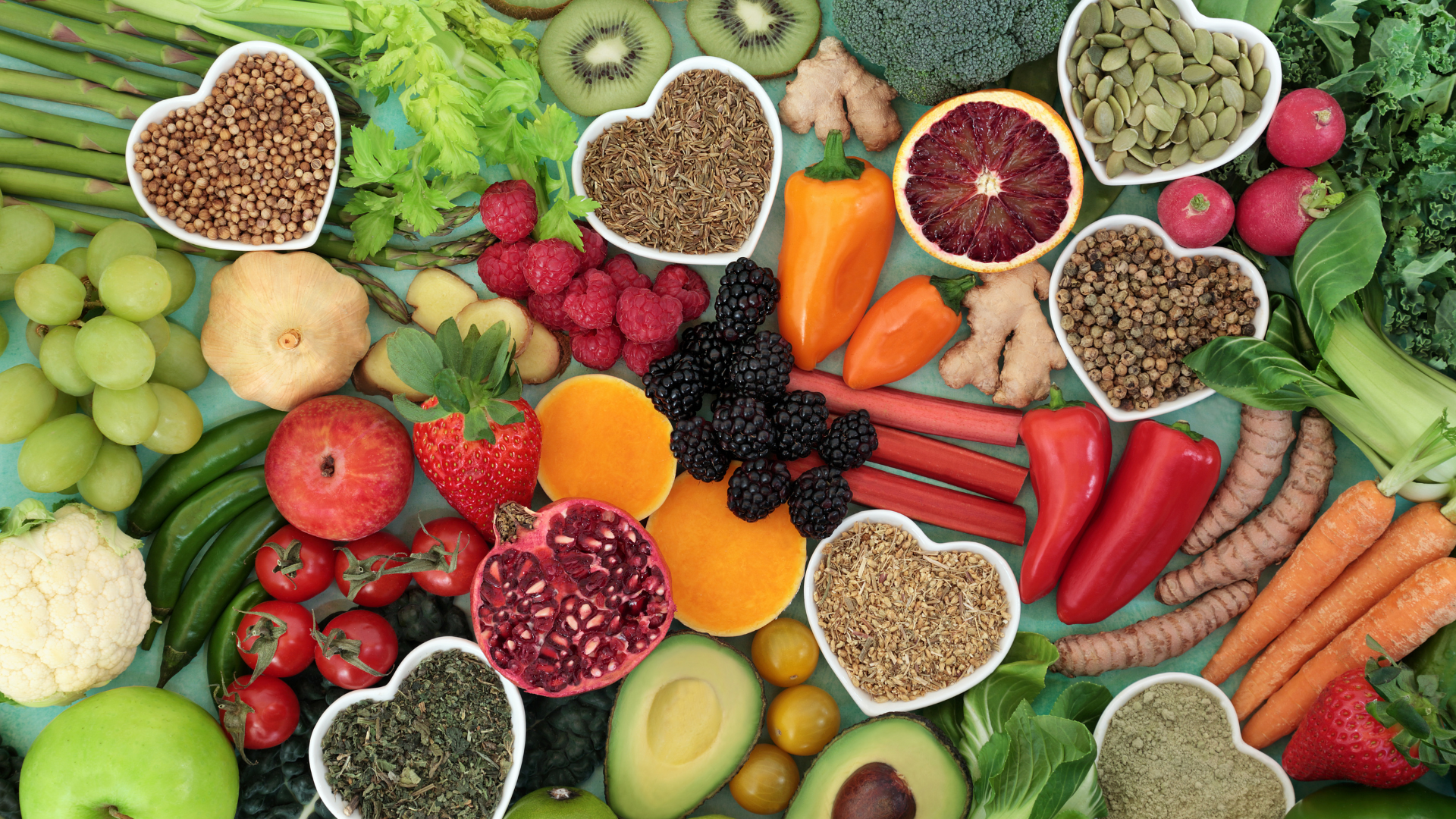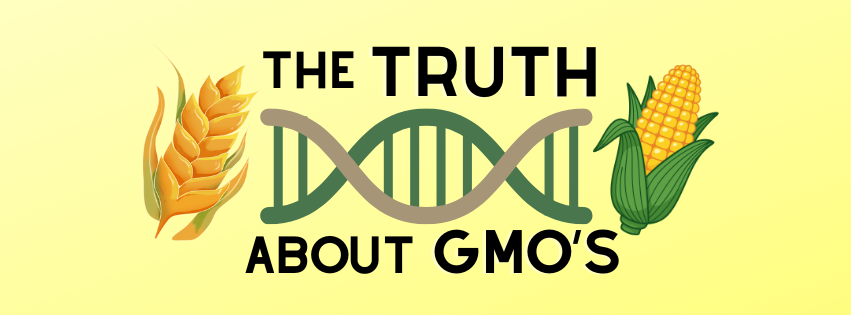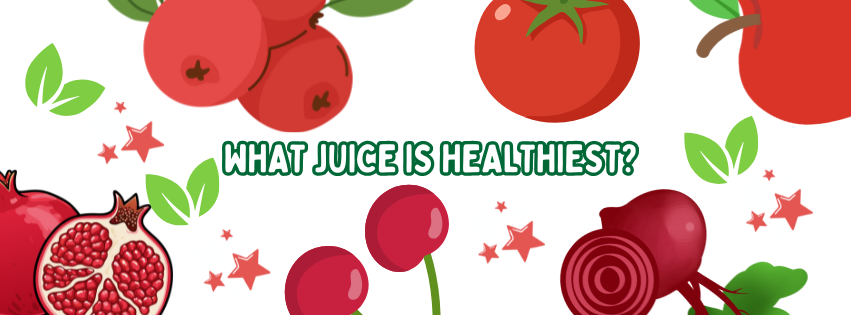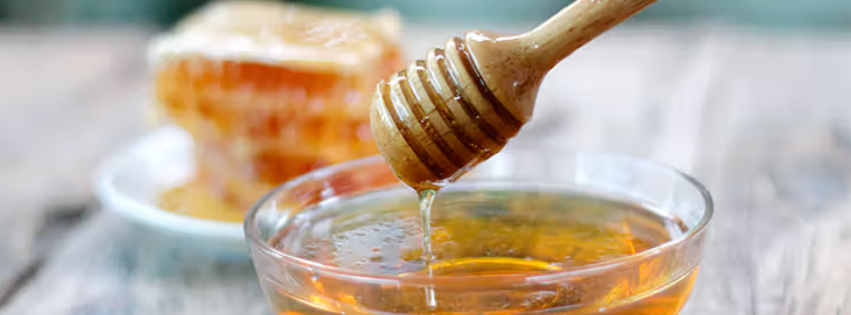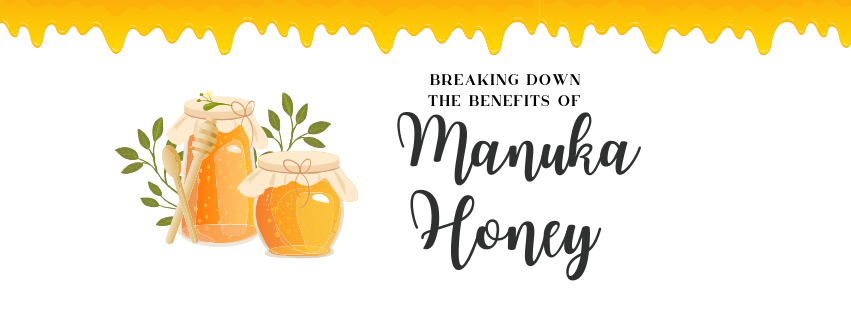Osteoporosis & Osteopenia
This information is not intended to replace appropriate medical advice. Please check labels for contraindications and check with your pharmacist for possible drug interactions. These suggestions are based on the advice of natural health care professionals and over 40 years of customer experience at Jo Anne's Place.
It is possible, through changes in diet and Lifestyle, to restore bone health and enjoy strong, healthy bones throughout your lifetime. Good health by design 😊
A Healing Diet
- Drink 7-10 glasses of filtered or spring water daily. Avoid chlorine.
- Consume a diet that is 75-80% alkaline forming.
It’s extremely important to keep your body in an alkaline, anti-inflammatory state.
- Go organic. Chemicals and pesticides disrupt hormone balance.
- Fermented foods balance pH and improve nutrient absorption. Fermented soy products like tempeh and miso can improve hormone balance after menopause.
- Rely on fruits, vegetables, raw seeds, nuts, legumes and beans, and whole grains as diet mainstays. Eat wheat only if sprouted.
- Have complete protein no later than lunch for better assimilation of amino acids.
- Animal products are a source of inflammatory arachidonic acid. Enjoy sparingly.
- An apple cider vinegar cocktail with meals alkalizes and improves absorption of minerals. Mix 2 tsp acv and raw honey (optional) in room temperature water.
- Umeboshi plum, a salty, sour Japanese food staple, improves digestion, liver function, and bone density. A tsp in hot water sets the stage for good digestion anytime.
- Replace table salt with
Herbamare for full flavour with 1/3 the sodium.
- Cook gently. High heat generates acrylamides & advanced glycation end products.
Supplements
- Bio-Strath – strengthens digestion and improves assimilation of nutrients.
- Vitamin C – 500-1,500 – improves mineral absorption.
- Calcium/Magnesium/K2/Boron combination.
- Vitamin D – 8,000 IU for one month then reduce to upper limit of 4,000 IU daily– calcium absorption, and anti-inflammatory.
- Omega 3 and GLA fatty acids – hormone balance, anti-inflammatory.
- Probiotic daily – keeps gut microbiome healthy for strong digestion.
Calcium is the body’s great alkalizer. If your system is too acidic your body can’t properly detoxify, and dietary calcium may be hijacked to buffer and keep the blood at the correct pH. You can monitor your urine pH to make sure you are in a range that is allowing the kidneys to properly detoxify. That way the calcium you ingest will actually be available to build your bones.
More Options for Bone Support
- Herbalists at Richter's in Goodwood, ON say fenugreek tea stimulates bone and hair growth.
- Chronic stress is a significant factor in bone health. In
fight or
flight mode, digestion is suppressed resulting in a decrease in nutrients. Holy Basil (Tulsi) tea alleviates stress, reduces cortisol, improves digestion, and promotes mental clarity.
- In a large study on the oral consumption of aloe vera, hyaluronic acid and collagen levels nearly doubled in all study participants. Take 3 tbsp 2-3 times daily.
- Fresh air, sunshine and play are foods for Life. Do what you
enjoy.
Rebounding is a great activity that gets gravity working for you to strengthen those bones!
- Breathe deeply, exhale completely. The lungs are a major pathway of detoxification, and it is so invigorating to use your full lung capacity right down to your belly.
What to Expect
Can you reverse osteoporosis? Yes, though it takes time. For those who can make a commitment to the dietary and supplement regimen, they will likely experience increased bone density as well as some of these potential health benefits:
- Calcium and magnesium have a beneficial effect on the cardiovascular system. Adequate calcium intake helps maintain a healthy body weight and reduces the risk of obesity.
- B vitamins (Bio-Strath) are a common deficiency and supplementation improves digestion, stress tolerance, brain function, vision, cholesterol metabolism, and energy production.
- Vitamin K2 reduces inflammation, helps prevent tooth decay, protects the brain, reduces insulin resistance, and inhibits calcification of the arteries.
- Vitamin D insufficiency is linked to 17 forms of cancer, type 2 diabetes, depression, arthritis, obesity, and several autoimmune disorders.
- Studies show that mature individuals who supplement with vitamin C and B-complex (Bio-Strath) experience fewer degenerative conditions and enjoy overall better health than those who do not supplement.
Building a stronger more resilient body is exciting.
Health problems have a way of making us focus on what’s really important –
our health and happiness.
Keep a journal and track your progress.
*Updated February 2023
